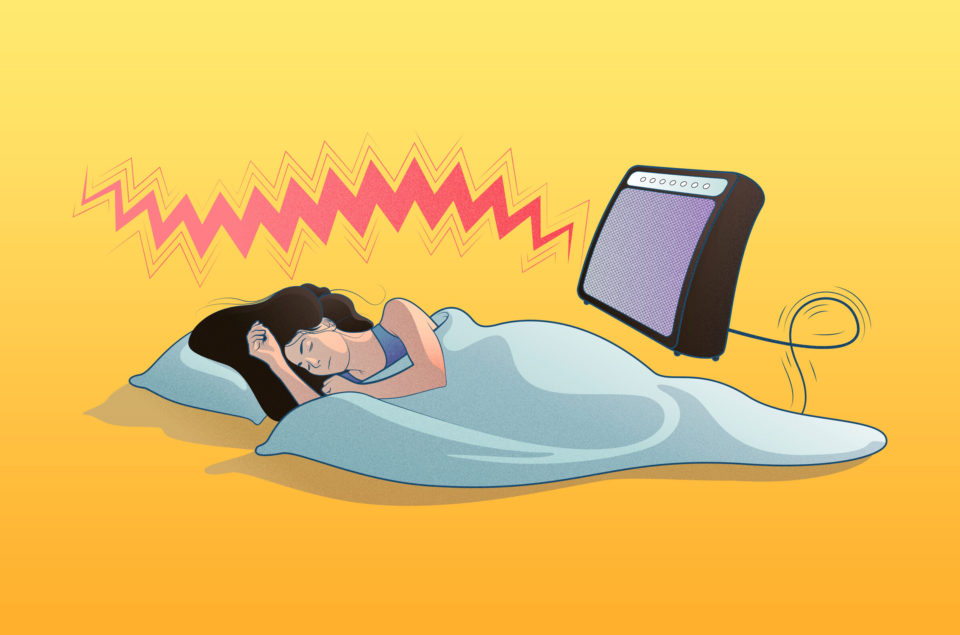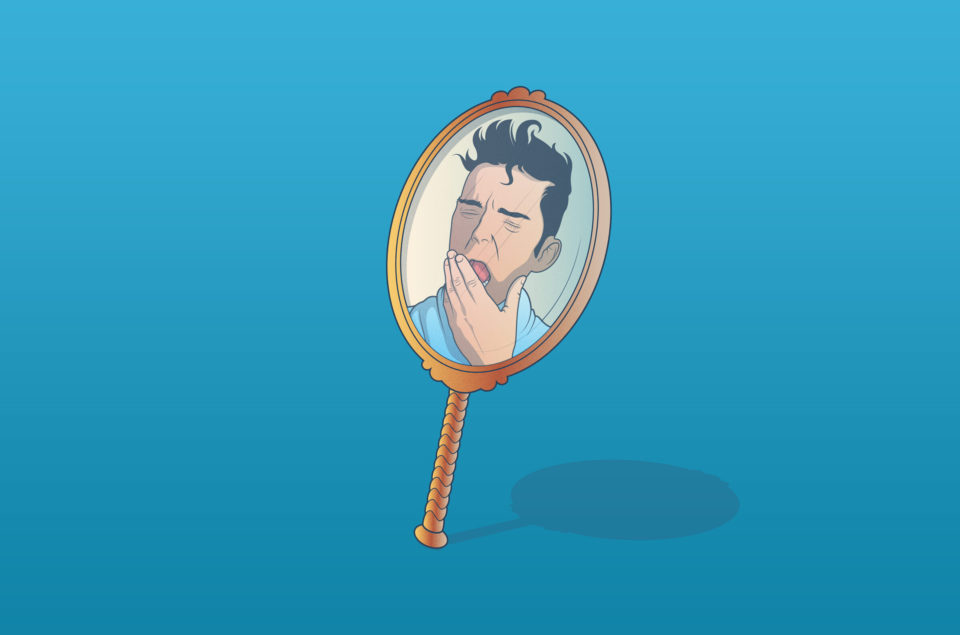Genuine lifestyle hack or dangerous fad? You may have heard the term polyphasic sleep and wondered exactly what it involves. You may also have heard that some of our brightest and best swear by this practice and be tempted to try it yourself. Before you do so, join us as we take a closer look at this controversial idea and try to separate fact from fiction.
What is polyphasic sleep?
It can be said that polyphasic sleepers rest in shorter periods throughout the day rather than one long sleep overnight (monophasic sleep). Following this segmented sleep schedule doesn’t mean reducing the total number of sleep hours, but many people adopt polyphasic sleep to maximize their wakeful hours. For example, it can be useful to adopt this sleep pattern when traveling across multiple time zones, or during exam periods.
There are 3 main polyphasic sleep schedules:
- Everyman sleep schedule: consists of one 3-hour block of sleep per night with three 20-minute naps spread throughout the day.
- Triphasic sleep schedule: as the name suggests, three short sleep periods before dawn, in the afternoon and after dusk, resulting in a total of 4 to 5 hours of sleep.
- Uberman sleep schedule: involves napping only, resulting in a measly 2 to 3 hours sleep over a 24-hour period.
If this sounds exhausting, we understand. However, babies and many animals sleep in phases, so is this practice embedded deep in our DNA code, and does it do us any good?
Before considering a polyphasic sleep schedule
A third of us don’t get enough sleep. That’s a fact. There are ways of surviving the day after a sleepless night, but it’s no surprise that we’re always on the lookout for new ways to remedy this. Start off by tracking your regular sleep schedule and getting to know your sleep patterns. A sleep tracker like Sleep Cycle is a good tool to start off with. However, before you consider trying polyphasic sleep, you need to ask yourself a simple question – is it for you? We’re guessing you’re a monophasic sleeper – i.e all your sleep requirements are delivered in one, 6 to 8-hour chunk, usually enjoyed after dark. Polyphasic sleep might work for self-employed people or those who enjoy a more flexible lifestyle but from a practical perspective, could your schedule accommodate it?
What do the experts say about polyphasic sleep schedules?
If your answer to the above question was ‘yes’ and you think polyphasic sleep sounds like it could be for you, we have some bad news – the weight of scientific opinion is against you. There is, apparently, no qualified data based on clinical studies to suggest that polyphasic sleep offers any kind of health advantage, both mental and physical.
Indeed, experts conclude that segmented sleep patterns can have serious consequences – more about that below. Sleep specialists also tell us that even if we could slip directly into REM sleep (one of the main arguments of polyphasic sleep advocates), it isn’t natural to do so.
What do the advocates claim?
In the interests of balance, let’s take the other perspective. Proponents of polyphasic sleep claim that there is compelling evidence to support this lifestyle choice. They firmly believe that humans are naturally polyphasic sleepers and that in many cultures, polyphasic sleep is accepted and universally applied. It could be argued that the siesta is an example of this, even if many only use it for napping rather than an attempt at achieving deep sleep.
However, their main argument states that polyphasic sleep improves the type of sleep we get while reducing the hours we need to get it – quality over quantity, in other words. They claim that polyphasic sleepers can, with discipline and practice, extract the same amount of deep sleep from shorter periods as monophasic sleepers, spread over 24 hours.
When we consider the claims of health and lifestyle benefits made by the polyphasic community, who wouldn’t be tempted to give it a try?:
- More waking time to potentially enjoy life (or work more and be more productive – you decide).
- Compatibility with irregular work schedules (working in shifts)
- Increased learning capacity, uplifted mood, and even longer life – although clinical evidence of this has not been forthcoming and if you sleep less in order to work 20 hours a day, we humbly suggest that this might not be conducive to living to be 110 years old.
Is a polyphasic sleep schedule actually healthy?
In the scientific community, polyphasic sleep continues to provoke debate, much of which focuses on the potential negative health consequences. Perhaps most obviously, it is widely accepted that less sleep inevitably leads to sleep deprivation, which in turn can cause cognitive impairment, memory problems and increase the risk of accidents due to slower reaction times.
Disruptions in the circadian rhythm negatively impact sleep quality and also increase the risk of illnesses. Moreover, sleeping in shorter bursts disrupts hormone release, a cause of negative metabolic and dietary changes that increases the risk of chronic conditions such as diabetes and obesity.
Another piece of damning evidence against polyphasic sleep is that studies have previously indicated that night shift workers are more prone to health issues such as heart disease and shorter life spans – a fact that many experts attribute to their disrupted sleep patterns and something that should be taken into account when considering polyphasic sleep.
Listen to your body
So, it would appear that the weight of opinion is against polyphasic sleep, but despite this, many swear by it and claim it leads to a more productive life. Our advice? Make sure you get enough sleep and do what feels right for you without risking your health. Our bodies and minds have a way of telling us what we’re doing right or wrong – listen to them!
Track your sleep and overall restfulness with Sleep Cycle to make sure you get enough sleep!










